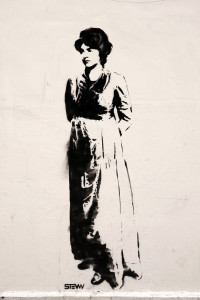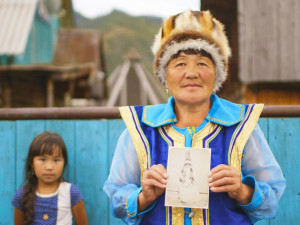Despite nearly a half-dozen elections in as many years, the Greeks are still no closer to solving their debt crisis. The newly re-elected government under Alexis Tsipras must fix a country that has over 25% unemployment, an economy that has shrunk by about 30% since 2008 and a national debt that amounts to almost 200% of gross domestic product.
One issue stands out: tax evasion. Nearly a quarter of the country’s GDP is off the books. State revenue for 2015 is already $4.5 billion below target. This is nothing new for the Greeks, who have been dodging taxes for centuries, nonpayment having been a sign of patriotism during Ottoman rule (1453-1821).
Tax evasion has been around since ancient Mesopotamia, when the Sumerians were cheerfully working the black market. A 19th-century B.C. Sumerian cuneiform tablet warns that a trader named Pushuken has been imprisoned for receiving smuggled goods. “The guards are strong,” continues the writer of the tablet, “please don’t smuggle anything else.”












